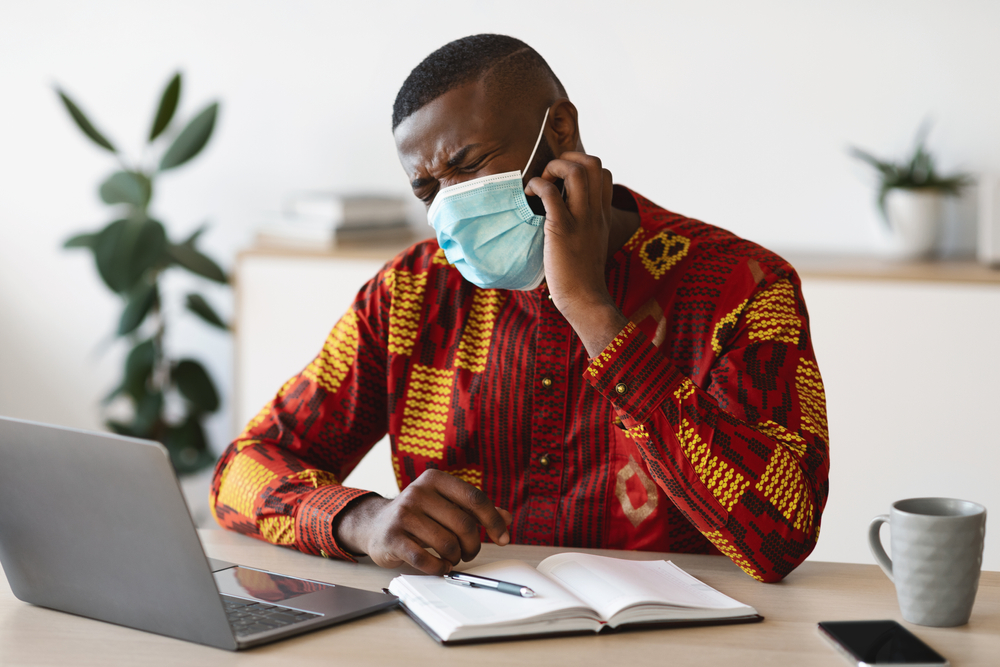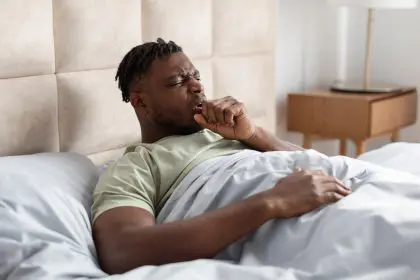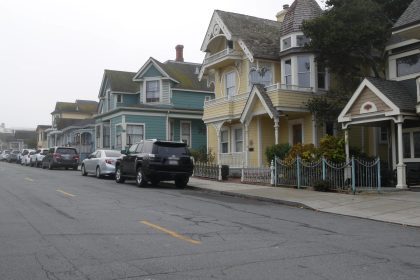Monkeypox is a rare but potentially serious viral disease gaining attention due to recent outbreaks. Unlike its more well-known relative, smallpox, monkeypox presents milder symptoms but can still cause significant health issues. It is characterized by fever, headache, muscle aches, and a distinctive rash that often begins on the face before spreading to other body parts. While it is not typically fatal, monkeypox can lead to severe complications, particularly for those with weakened immune systems.
Why is monkeypox relevant to gay men?
Recent studies and public health data have indicated that monkeypox has been disproportionately affecting men who have sex with men (MSM). This pattern is reminiscent of the early days of the HIV/AIDS epidemic, where the virus spread rapidly within the gay community before it became a wider public health issue. Understanding why gay men are at higher risk and taking appropriate preventive measures is crucial to controlling the spread of monkeypox and protecting vulnerable populations.
The transmission dynamics of monkeypox
Close contact and transmission
Monkeypox spreads primarily through close contact with an infected person. This includes direct contact with the rash, body fluids, and respiratory droplets. In the context of sexual activity, the virus can be transmitted through skin-to-skin contact, making sexual networks within the gay community a potential conduit for its spread. This is not to say that monkeypox is a sexually transmitted infection (STI) in the traditional sense, but the intimate nature of sexual contact facilitates its transmission.
Social networks and risk factors
The interconnectedness of social and sexual networks among gay men can accelerate the spread of monkeypox. Large gatherings, parties, and events where close physical contact is common provide opportunities for the virus to spread. Additionally, stigma and discrimination may lead to delays in seeking medical care or reporting symptoms, further complicating efforts to track and contain outbreaks.
The importance of awareness and prevention
Recognizing symptoms early
Early recognition of monkeypox symptoms is vital for preventing its spread. Gay men should be particularly vigilant for signs of the virus, such as unexplained rashes, fever, and swollen lymph nodes. Prompt medical attention can lead to quicker diagnosis and isolation, reducing the risk of transmission to others.
Vaccination and public health measures
Vaccination is one of the most effective ways to prevent monkeypox. The smallpox vaccine, which offers some protection against monkeypox, has been made available in areas experiencing outbreaks. Gay men should prioritize getting vaccinated, especially if they are part of high-risk networks. Public health measures, such as avoiding close contact with infected individuals and practicing good hygiene, are also crucial.
Addressing stigma and promoting health equity
Combating stigma and misinformation
Stigma and misinformation can hinder efforts to control monkeypox outbreaks. It is essential to combat negative stereotypes and ensure that accurate information is disseminated within the gay community. Public health messages should emphasize that monkeypox can affect anyone, regardless of sexual orientation, and that prevention and treatment are available.
Ensuring access to care
Access to healthcare is a significant concern for many gay men, particularly those who face discrimination or economic barriers. Efforts to combat monkeypox must include strategies to ensure that all individuals, regardless of their background, can access testing, treatment, and vaccines. This includes partnering with LGBTQ+ organizations and healthcare providers to create welcoming and inclusive environments.
Emotional and psychological impact
Navigating fear and anxiety
The emergence of monkeypox can evoke fear and anxiety, particularly among those who lived through the HIV/AIDS crisis. It is important to address these emotions and provide support for those who are struggling. Community organizations, mental health professionals, and peer support groups can play a critical role in helping individuals cope with the psychological impact of the outbreak.
Building resilience and solidarity
The gay community has a long history of resilience and solidarity in the face of health crises. Leveraging this strength can help combat monkeypox. By supporting each other, sharing information, and advocating for public health resources, gay men can take proactive steps to protect themselves and their communities.
Conclusion
The path forward
Monkeypox is a significant public health concern that should not be ignored, especially by gay men who are at higher risk. By understanding the virus, recognizing symptoms early, and taking preventive measures, the community can play a crucial role in controlling the spread of monkeypox. Public health efforts must prioritize education, vaccination, and access to care while addressing the stigma and discrimination that can hinder effective responses.
Empowering the community
Empowerment through knowledge, solidarity, and action is key. Gay men can protect themselves and others by staying informed, advocating for their health, and supporting one another. Together, the community can navigate this challenge and emerge stronger, ensuring that monkeypox does not become a broader health crisis.













